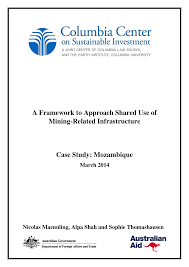The politics of the forest frontier: Negotiating between conservation, development, and indigenous rights in Cross River State, Nigeria
Nigeria's once thriving plantation economy has suffered under decades of state neglect and political and civil turmoil. Since Nigeria's return to civilian rule in 1999, in a bid to modernize its ailing agricultural economy, most of its defunct plantations were privatized and large new areas of land were allocated to ‘high-capacity’ agricultural investors.








